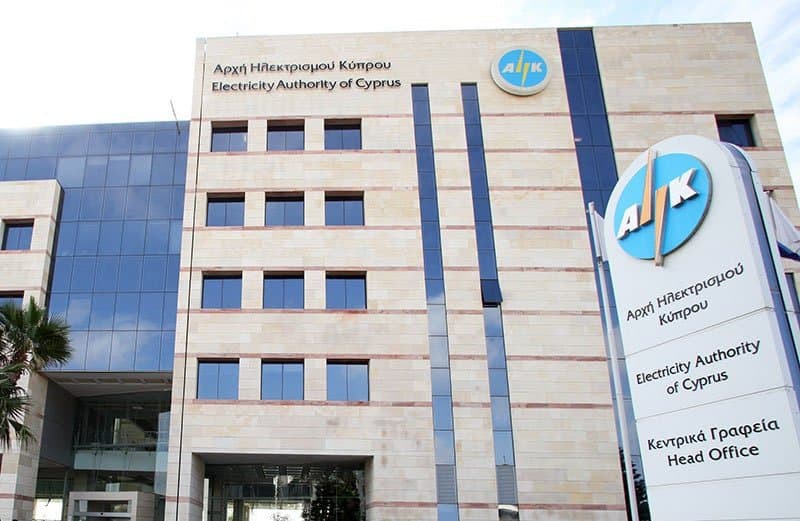
The energy regulator said on Tuesday it will review data purporting to show how the Electricity Authority of Cyprus (EAC) could “trim the fat” and cut costs by up to 15 per cent, translating into lower utility bills for consumers.
The EAC’s “fat” has become a buzzword after Michalis Persianis, head of the Fiscal Council, introduced the term during previous discussions at the House energy committee.
On Tuesday, Persianis clarified what he meant by this “fat”. He is referring to two expense items for the EAC – the purchase of fuel and of greenhouse gas emissions allowances.
According to his calculations, these two expenses come to approximately €800 million for 2024.
Persianis said the EAC’s longtime policy has been to shield itself from major fluctuations from these expenses by simply passing on the cost to its customers via utility bills.
“For us, this is unacceptable,” he said.
Persianis cited various strategies the EAC could adopt to lower its costs for either fuel or the EU Emissions Trading System (ETS). These include trading in derivatives, such as put options, futures contracts or swaps.
Last week the EAC’s board chairman candidly admitted that the organisation lacks the know-how to engage in these practices.
For his part, the vice-chairman of the energy regulatory authority (Cera) said that, to its credit, the current EAC board is open to new strategies that might bring down costs.
But he also criticised the previous boards for relying on a “naturally hedged” strategy – in other words, passing on the cost to the consumer.
Cera’s Alkis Philippou asked the Fiscal Council to send them the calculations of how the EAC could save on costs.
Persianis said he’d share the data with both Cera and the EAC, and that he’d seek a meeting with the chairman of the EAC.
In comments to the media after the committee session, Disy MP Kyriacos Hadjiyiannis spoke of a mentality of “responsibility shirking” inside the EAC for years.
He called for “quantifiable data” so that authorities and parliament can together see how to address the situation.
The Cyprus Mail understands that, for 2024, the EAC had budgeted €558 million for fuel purchases, plus €274 million for ETS.
But because the prices of greenhouse gas emissions allowances has dropped in recent months, the Fiscal Council estimates that ultimately the EAC will spend only €200 million – or €74 million less than anticipated.
ETS prices have dipped because of low demand this year in Europe – constrained industrial activity.
“So the Electricity Authority got a lucky break, that’s all, through no effort of their own,” said sources familiar with the matter.
The same sources told us it’s high time the EAC adopts standard industry practices – like trading in derivatives.
“It’s not like we’re inventing the wheel here,” they remarked.
“The EAC buy as they pollute, buy as they burn. This needs to change.”
The sources said, for example, that the counterpart electricity utility in Greece, DEI, has a great deal of fuel swaps on its balance sheet.
A swap is a financial agreement in which two parties agree to exchange payments or other financial instruments like energy commodities over a given time. In energy markets, this often involves swapping fixed for floating prices or exchanging cash flows based on different energy commodities.
It’s understood that the EAC recently got feedback from Greece’s DEI.


